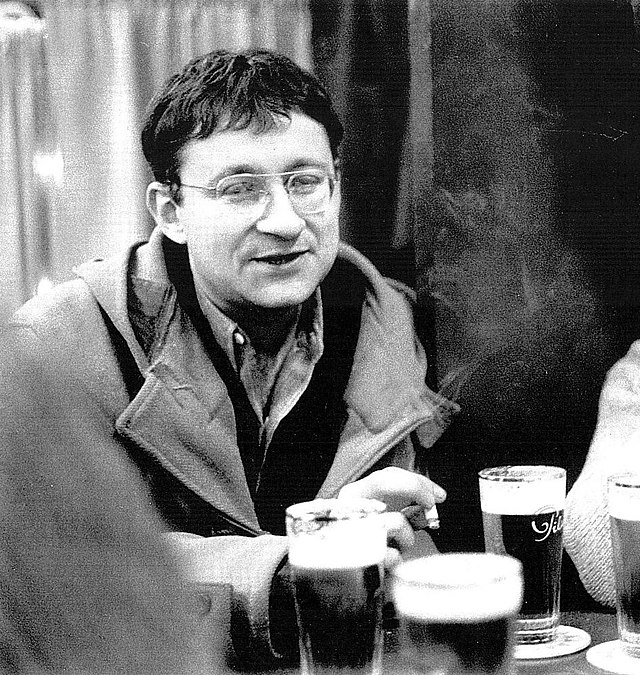Summary | Excerpt | Reading Guide | Reviews | Beyond the Book | Read-Alikes | Genres & Themes | Author Bio

A Novel
by Rachel KushnerThis article relates to Creation Lake
 Characters in Creation Lake frequently reference the French philosopher Guy-Ernest Debord, whose popularity has recently grown due to his work's relevance to digital culture.
Characters in Creation Lake frequently reference the French philosopher Guy-Ernest Debord, whose popularity has recently grown due to his work's relevance to digital culture.
Born in Paris in 1931, Debord had activist leanings early on while protesting France's war with Algeria. He also joined the Lettrists at age 18. They were ostensibly an avant garde art group that loved the work of Romanian writer Tristan Tzara. Their leader, a fellow Romanian named Isidore Isou, generated a lot of conflict within the group, which eventually disbanded, with the departing members forming other groups.
Debord is primarily known for his work with the Situationists International (SI). SI was a Marxist, Surrealist collective of writers, artists, philosophers, and other intellectuals and social reformers. Formed in 1957, it became increasingly politically active and relevant in the 1960s, and provided a driving force in the protests in France in 1968. Creatively, Situationists aimed to erase the division between artist and spectator with the use of what they called a dérive. A dérive referred to "movement through ambient spaces"—like an aimless walk through Paris, for instance. In this vein, Debord published Guide psychographique de Paris (1955), which consisted entirely of a cut-up city map. The Situationists viewed the dérive as a time for a person to emerge from their usual context and motivations, being drawn into experiences for their own sake. In that way, the person created a new work of art while also being a witness to its creation.
Debord's most influential work was his 1967 essay collection The Society of the Spectacle. In it, he defines the spectacle as the moment when a commodity becomes omnipresent in daily life. (Naturally, you should read the book for deeper understanding, but I'll do my best.) He argued that everything had been reduced to an image and that these images served mostly to cause alienation among people. Contemporary critics of social media—which is incredibly image-focused—draw heavily from this text.
The book, along with his direct work with student and working-class members of the uprisings in Paris in 1968, cemented his position as a radical thinker. Debord joined the student occupation at the Sorbonne; he was older than most of the students and already had significant problems with alcohol addiction. Despite being known as an agitator, his relevance seemed to fizzle out alongside the spirit of rebellion and his work became appropriated by the mainstream. Advertisements would refer to "the society and the spectacle" without irony. He wrote that "The goal of the spectacle today is to turn revolutionaries into secret agents and secret agents into revolutionaries." In later years, Debord faced deepening depression, alcoholism, and the pain of ailments caused by the latter. He shot himself in 1994.
Many scholars attempt to analyze his suicide as an extension of his work, or as a spectacle in and of itself. While the latter is a garish and somewhat inappropriate reaction to a person's death, it's indicative of Debord's lasting influence as an inciter of intellectual discussion.
Guy Debord, courtesy of Wikimedia Commons (CC BY-SA 4.0)
Filed under People, Eras & Events
![]() This article relates to Creation Lake.
It first ran in the September 18, 2024
issue of BookBrowse Recommends.
This article relates to Creation Lake.
It first ran in the September 18, 2024
issue of BookBrowse Recommends.
Your guide toexceptional books
BookBrowse seeks out and recommends the best in contemporary fiction and nonfiction—books that not only engage and entertain but also deepen our understanding of ourselves and the world around us.